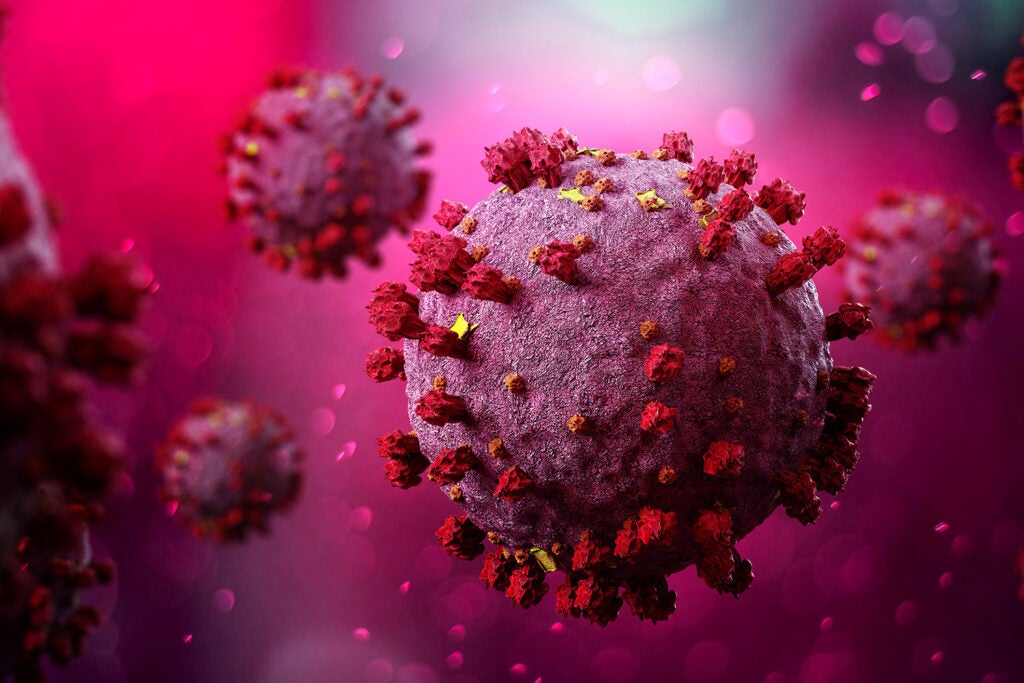Master of Science
What You’ll Learn

The Georgetown University M.S. in Biohazardous Threat Agents & Emerging Infectious Diseases is a designed to provide students with a solid foundation in the concepts of biological risk, disease threat, and mitigation strategies. The curriculum covers classic biological threats agents, global health security, emerging diseases, technologies, CBRN risk mitigation, and CBRN security. Graduates of our program are employed in both public health and security-focused positions across government and private sector organizations.
Our program faculty are technical experts in various fields including: the basic sciences; science policy; biosecurity; biodefense; threat assessment and mitigation; health security; zoonotic diseases; chemical and radiological security; and emerging technologies.
The program curriculum encourages students to pursue internship opportunities. At the center of Washington, D.C., our students are surrounded by opportunities to gain real-world experience in think tanks, startups, nonprofits, national intelligence agencies, and federal agencies. Internships are a great way to apply classroom concepts in a real-world setting.
Graduates of our program are employed in both public health and security-focused positions across government and private sector organizations, while others go on to obtain a Ph.D., M.D., or other professional degree.
Concentration in Biomedical Science Policy & Advocacy
The Concentration in Biomedical Science Policy & Advocacy serves as a valuable introduction to the world of science policy in Washington, D.C., and beyond. This mode of the master’s program provides students with essential training in the fundamentals of science policy and allows them to gain hands-on experience applying science policy in their specific field of study.
Career Readiness
Our students benefit from the services of the Biomedical Graduate Education career office, including one-on-one advising, skills workshops, leadership programs and more.